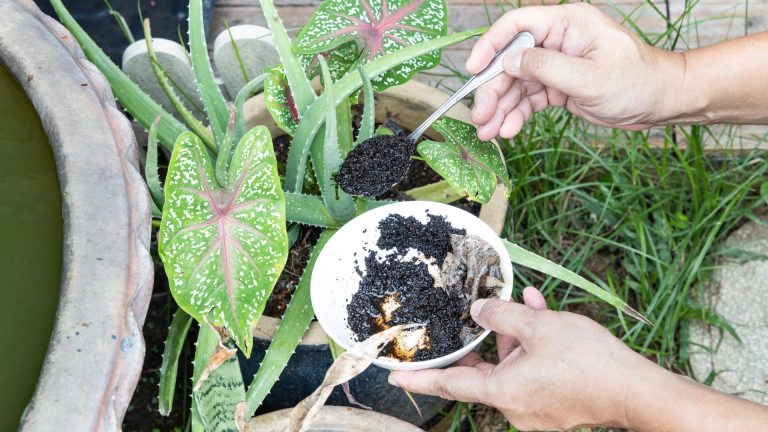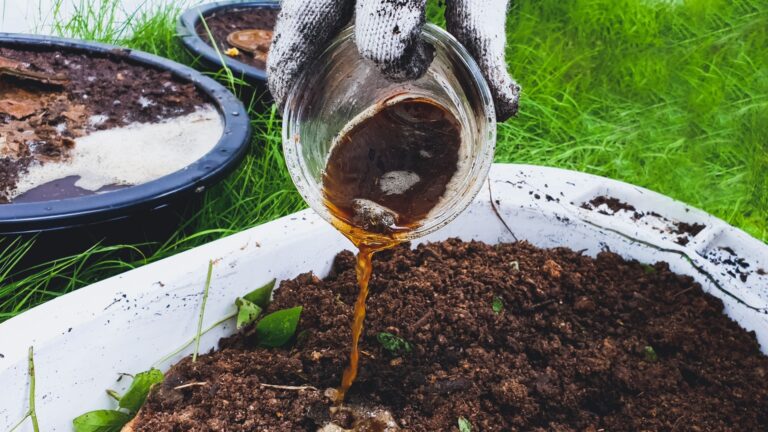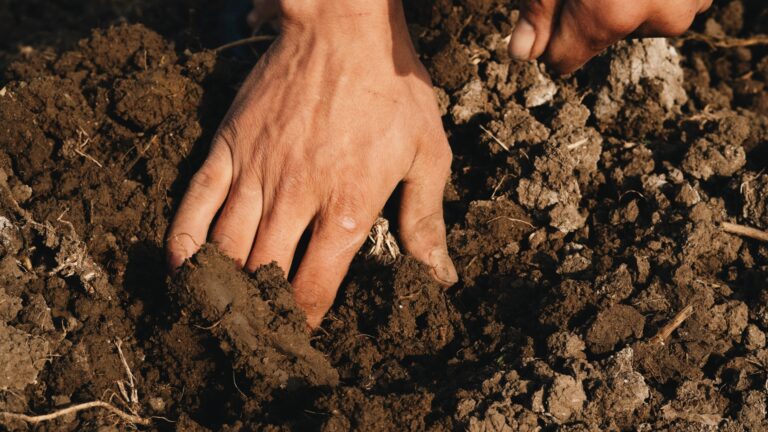15 Composting Hacks That Work Fast—From Scraps To Soil In Under A Month
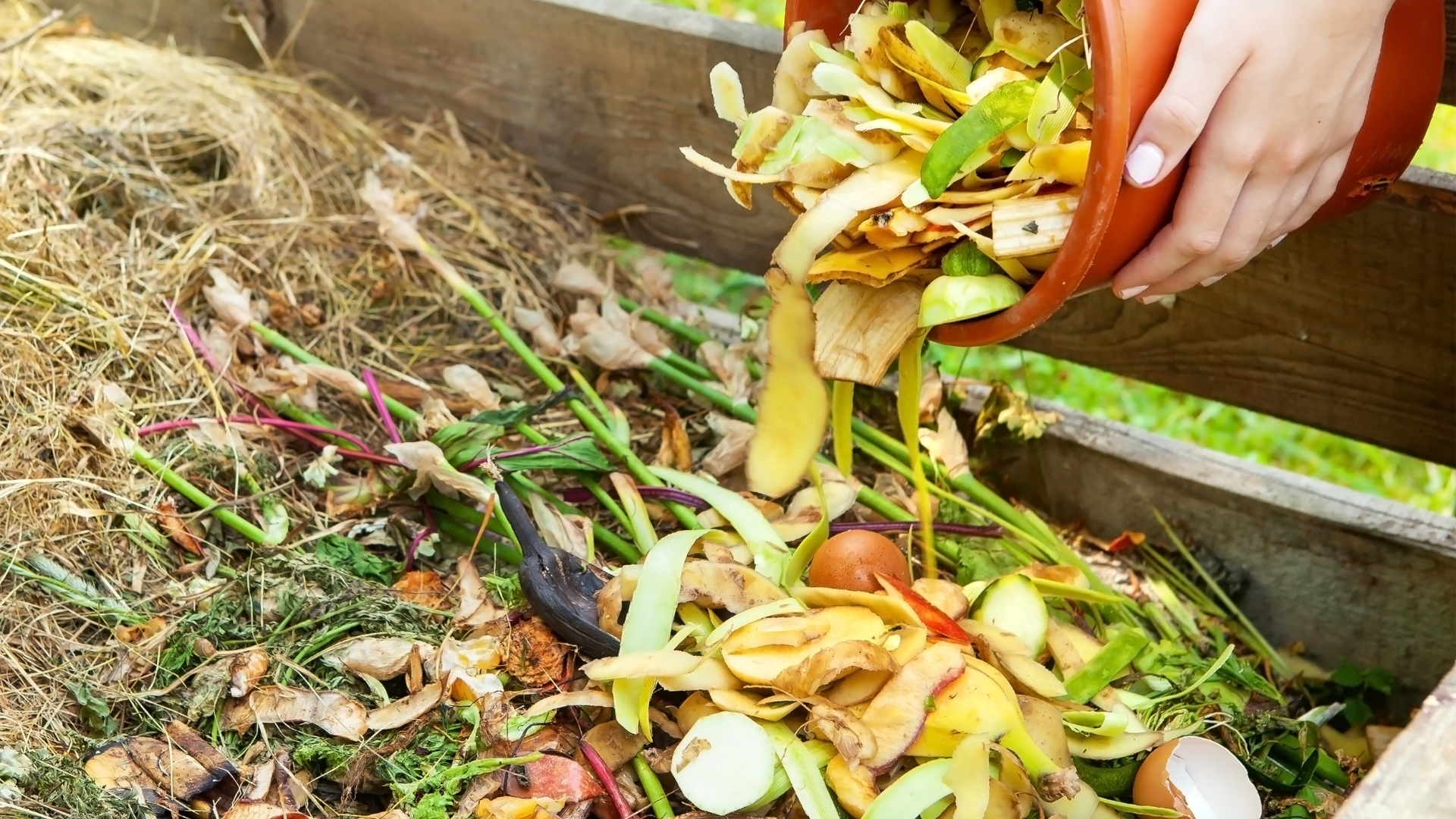
Composting transforms kitchen scraps and yard waste into rich soil for your garden. Fast composting techniques can speed up this natural process, turning what would be trash into garden treasure in just 30 days or less. These methods help reduce waste while creating nutrient-packed soil that makes plants thrive without chemical fertilizers.
1. Hot Composting
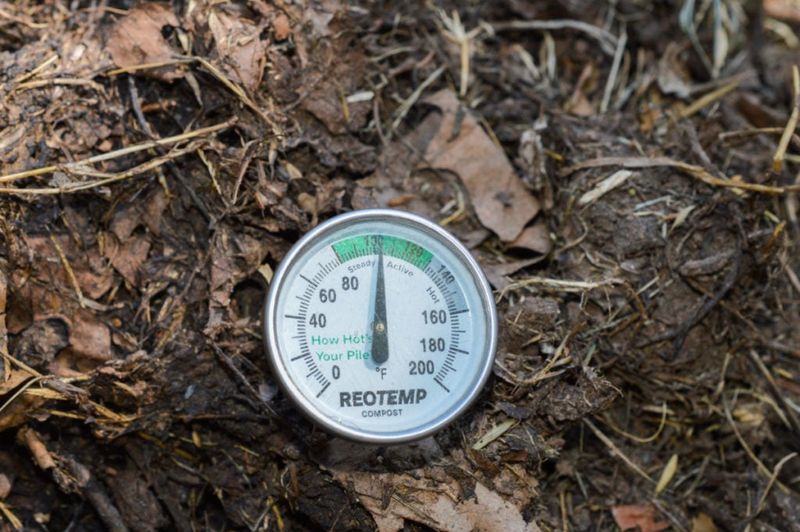
The temperature is the secret weapon in hot composting. By maintaining a pile between 130-150°F, microorganisms work overtime breaking down materials at lightning speed. Start with a good mix of greens (nitrogen-rich materials like food scraps) and browns (carbon-rich items like leaves).
Turn the pile every 2-3 days to keep oxygen flowing. With proper management, you’ll have usable compost in just 14-21 days.
2. Berkley Method
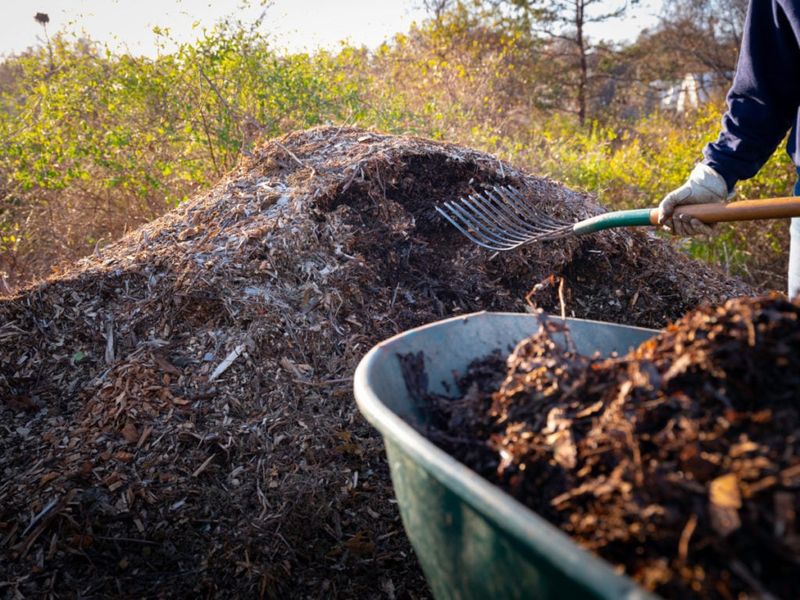
Developed by the University of California, the Berkley method produces finished compost in a mere 18 days. The magic happens through precise material ratios and frequent turning. Chop all materials into small pieces and maintain a carbon-to-nitrogen ratio of 30:1.
Turn the pile every other day to maximize oxygen. Keep moisture levels similar to a wrung-out sponge. Your reward? Rich, dark compost ready for garden beds in less than three weeks.
3. Bokashi Composting
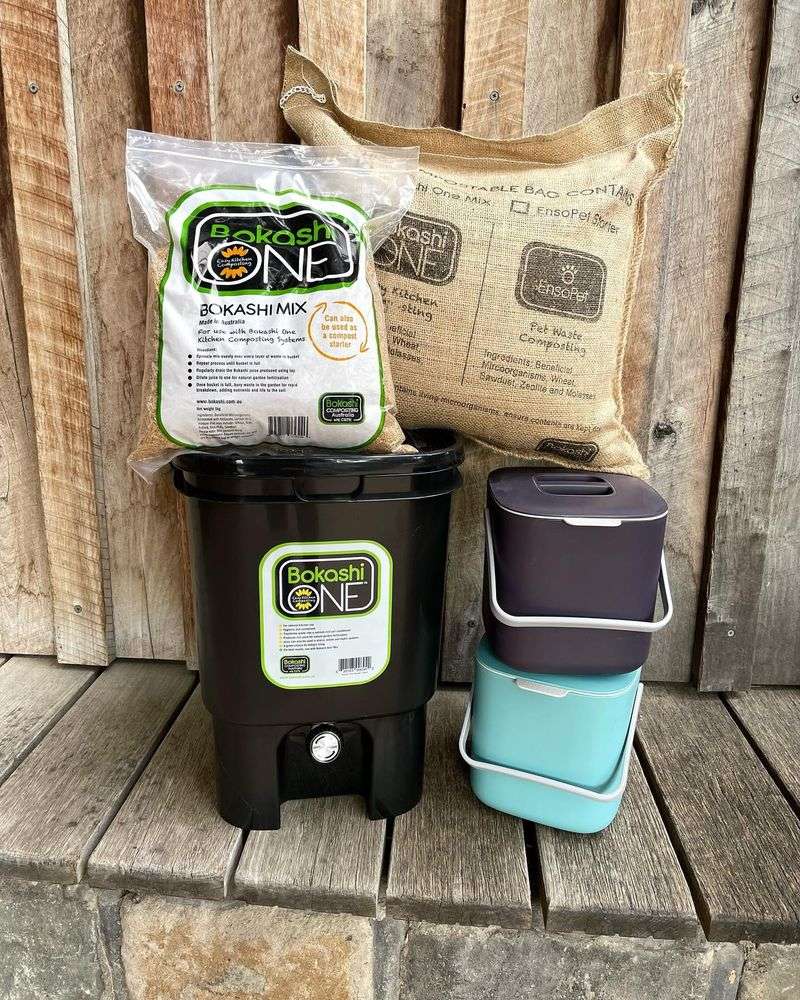
Originally from Japan, Bokashi uses fermentation instead of decomposition. Food scraps ferment in an airtight bucket with special microorganisms, creating nutrient-rich compost tea in just two weeks. Layer food waste with Bokashi bran (wheat bran inoculated with beneficial microbes).
Press down to remove air pockets and keep the lid sealed tight. Drain the liquid every few days to use as fertilizer. After fermentation, bury the pre-compost in soil where it finishes breaking down in 7-10 days.
4. Worm Bin Composting
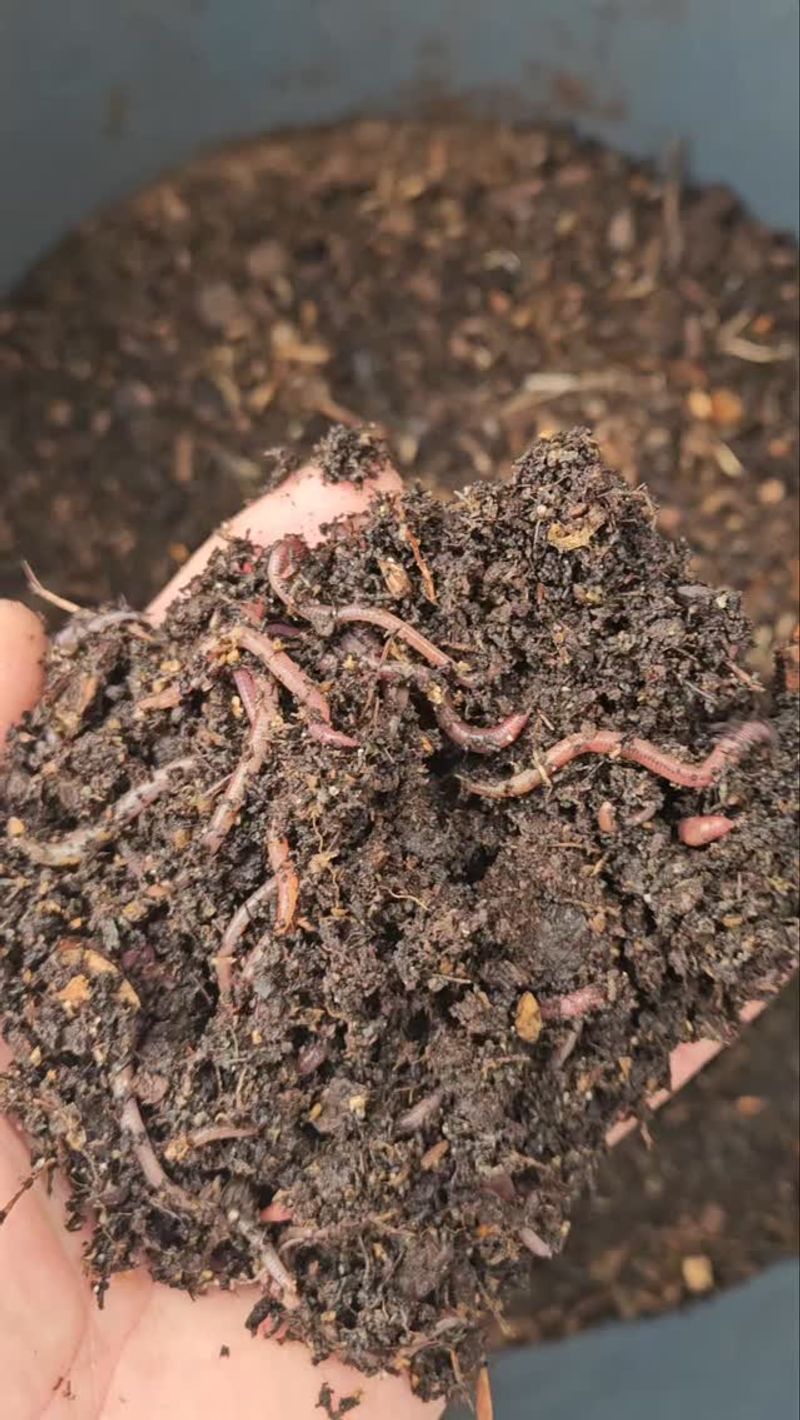
Red wiggler worms transform kitchen waste into black gold in about 3-4 weeks. Their digestive systems create worm castings – possibly the most nutrient-dense natural fertilizer available. Set up a bin with bedding (shredded newspaper, cardboard) moistened to the dampness of a wrung-out sponge.
Add worms and feed them fruit/vegetable scraps, coffee grounds, and eggshells. Avoid meat, dairy, and oily foods. The worms multiply quickly, processing about half their weight in food daily!
5. Compost Tumblers
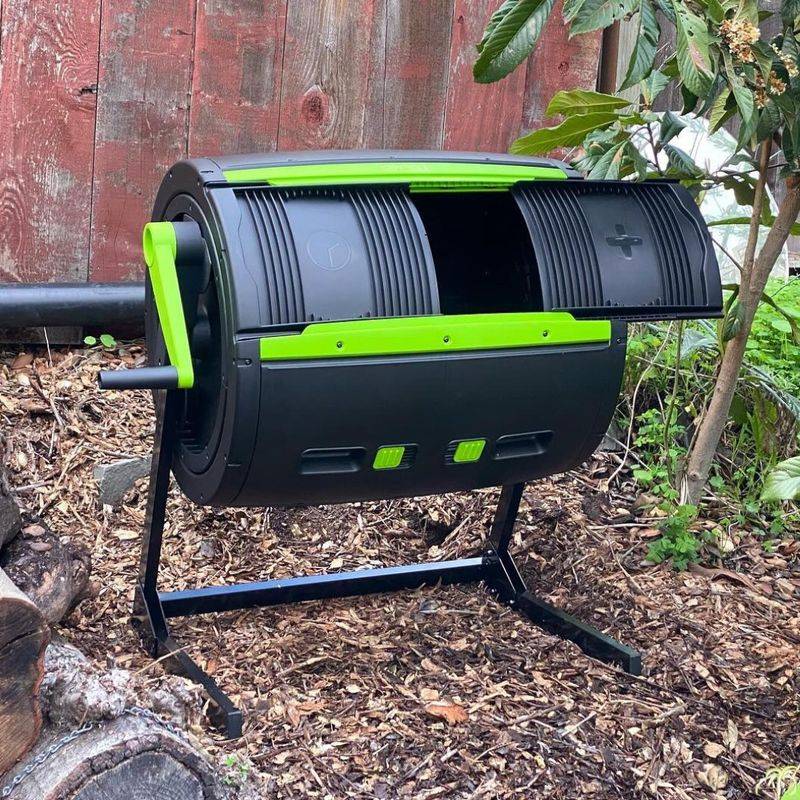
Rotating drums make composting almost effortless while speeding up the process dramatically. The tumbling action mixes materials thoroughly and introduces oxygen, resulting in finished compost in 14-21 days. Fill the tumbler about ¾ full with a mix of browns and greens.
Give it a few spins daily to aerate the contents. The enclosed design traps heat, accelerating decomposition while preventing pests from accessing your compost. Many models have two chambers so you can start a new batch while finishing another.
6. Trench Composting
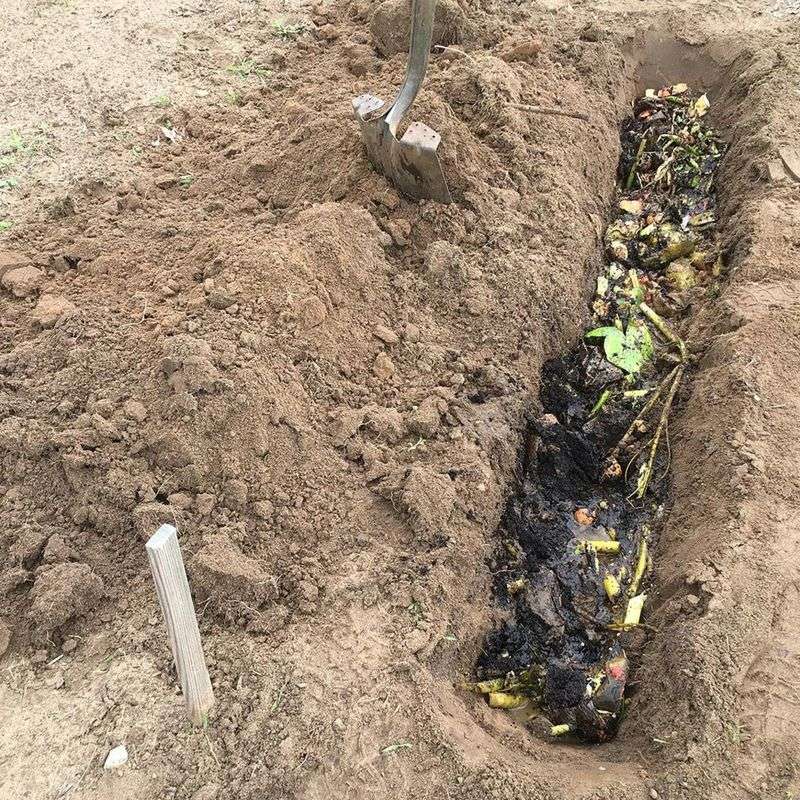
Gardeners love this no-fuss method that combines composting with planting in one simple step. Dig a trench 8-12 inches deep between rows or in future planting areas, fill with kitchen scraps, and cover with soil. Microorganisms and earthworms immediately begin breaking down the materials.
Plant directly above or beside the trench after 2-4 weeks. The decomposing matter releases nutrients slowly, feeding plants throughout the growing season. This method works wonderfully for heavy feeders like tomatoes and squash.
7. Electric Composters
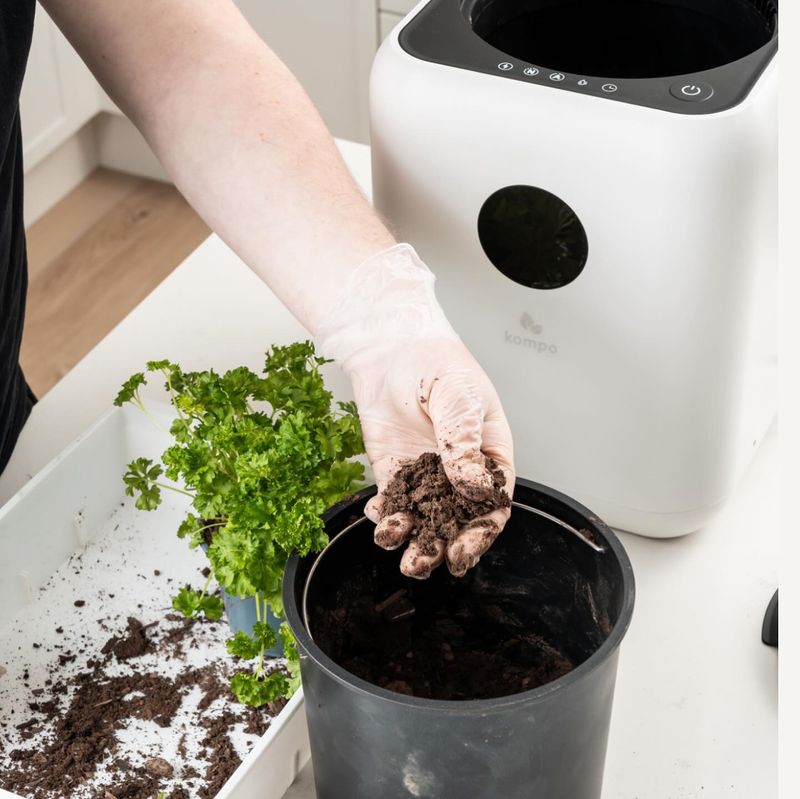
Modern technology meets ancient decomposition with these countertop marvels. Electric composters use heat, agitation, and sometimes microbes to transform food waste into nutrient-rich soil amendment in just 4-24 hours.
Simply add food scraps throughout the day, press a button, and let the machine work overnight. By morning, your waste has been converted into dry, odorless material that looks like coffee grounds.
While pricier than other methods, nothing beats the convenience and speed for apartment dwellers or those with limited space.
8. Soldier Fly Larvae Composting
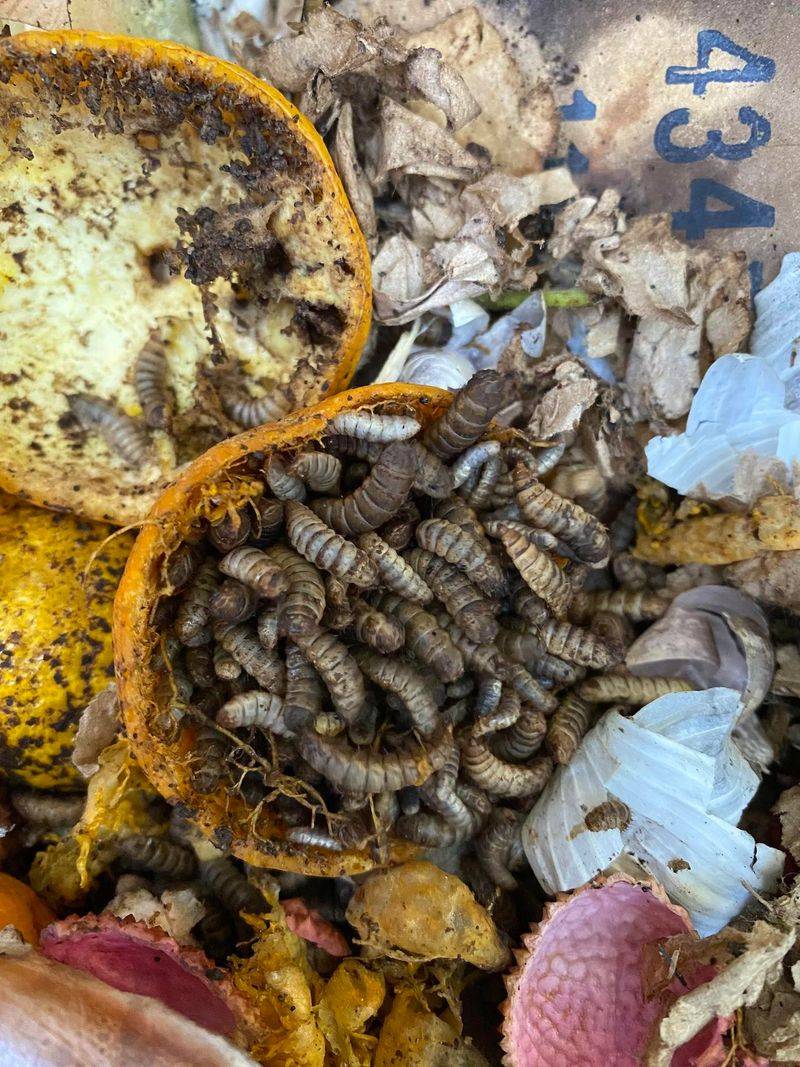
Nature’s composting powerhouses, black soldier fly larvae devour food waste at astonishing speeds. They can process material twice as fast as red wigglers, converting scraps to compost in just 10-14 days. Set up a bin with drainage holes and add food waste.
Adult flies naturally lay eggs, and the resulting larvae feast on almost anything organic. They even consume meat and dairy that traditional compost struggles with! As a bonus, the mature larvae crawl out of the bin automatically, making them perfect live chicken feed.
9. Sheet Composting
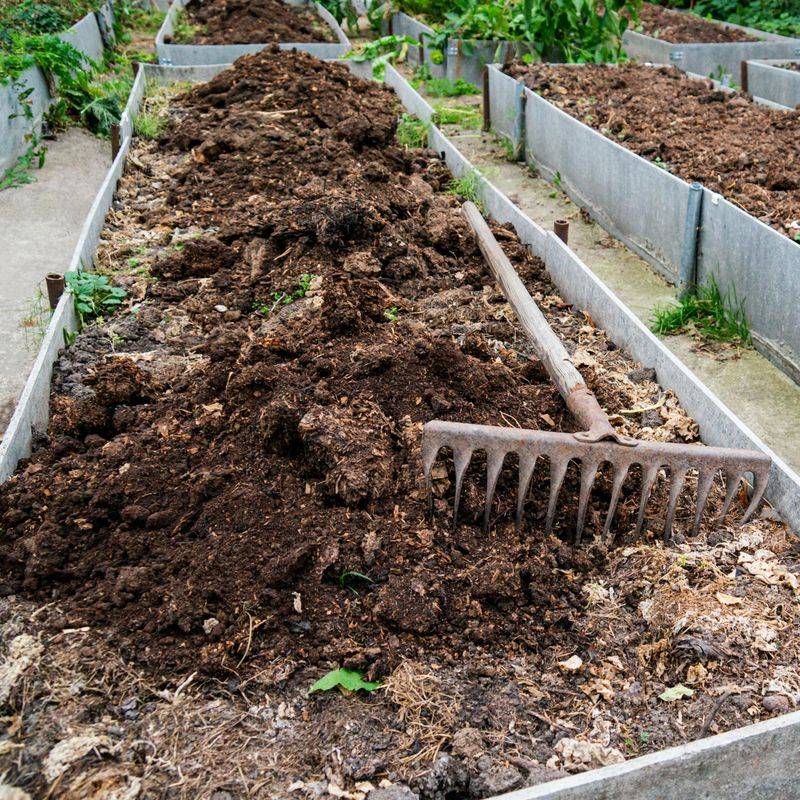
Also called lasagna gardening, this no-dig method builds soil directly in garden beds. Alternate layers of browns (cardboard, leaves, straw) with greens (grass clippings, kitchen scraps, coffee grounds) right where you plan to grow. Start with cardboard directly on the ground to smother weeds.
Add 2-3 inches of greens, then 2-3 inches of browns, repeating until 18-24 inches high. Water each layer as you build. In 3-4 weeks during warm weather, the bottom layers transform into rich planting medium without any turning required.
10. Compost Tea Brewing
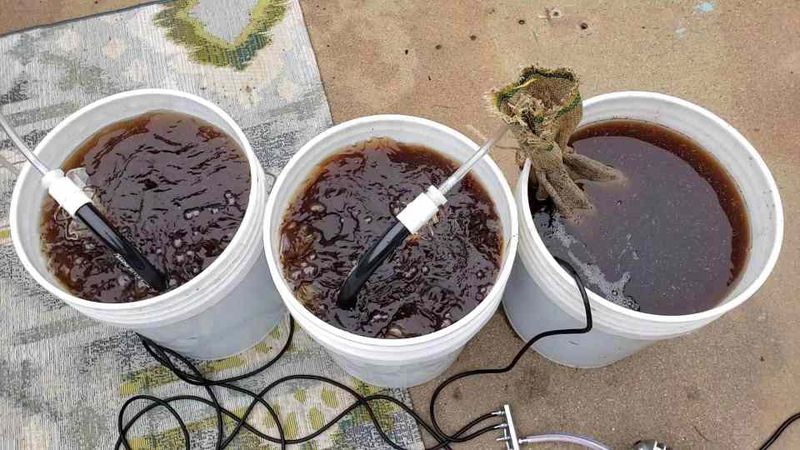
Liquid gold for plants! Compost tea multiplies beneficial microbes from finished compost into a potent liquid fertilizer in just 24-48 hours. Place a cup of compost in a mesh bag, like an oversized tea bag. Suspend it in a 5-gallon bucket of water with an aquarium bubbler to provide oxygen.
Add a tablespoon of unsulfured molasses as microbe food. After brewing, spray directly on plant leaves or soil for an immediate nutrient boost and disease protection.
11. Microbe Inoculants
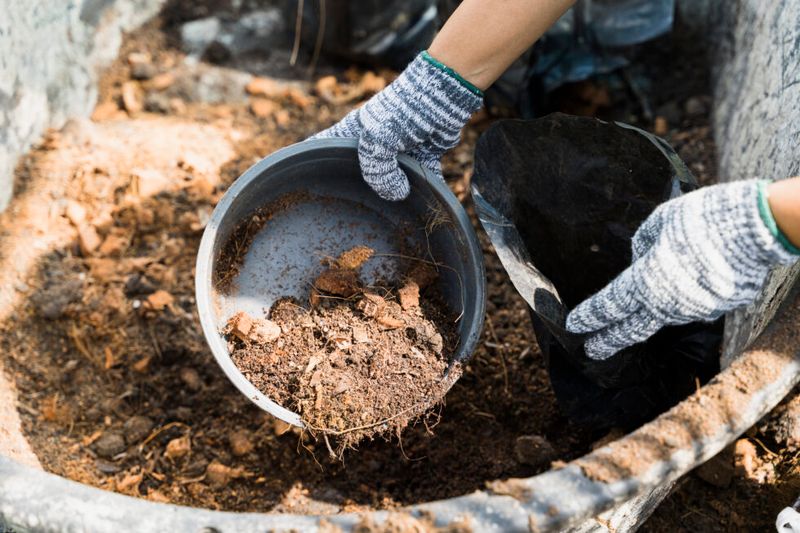
Supercharge your compost with specialized microbial blends that kickstart decomposition. These commercial products contain concentrated beneficial bacteria and fungi that break down organic matter at warp speed.
Mix the inoculant with water according to package directions and sprinkle over your compost pile. The microorganisms multiply rapidly, colonizing the materials and accelerating breakdown.
Many gardeners report cutting composting time in half! Look for products containing diverse microbial species for best results.
12. Blender Method
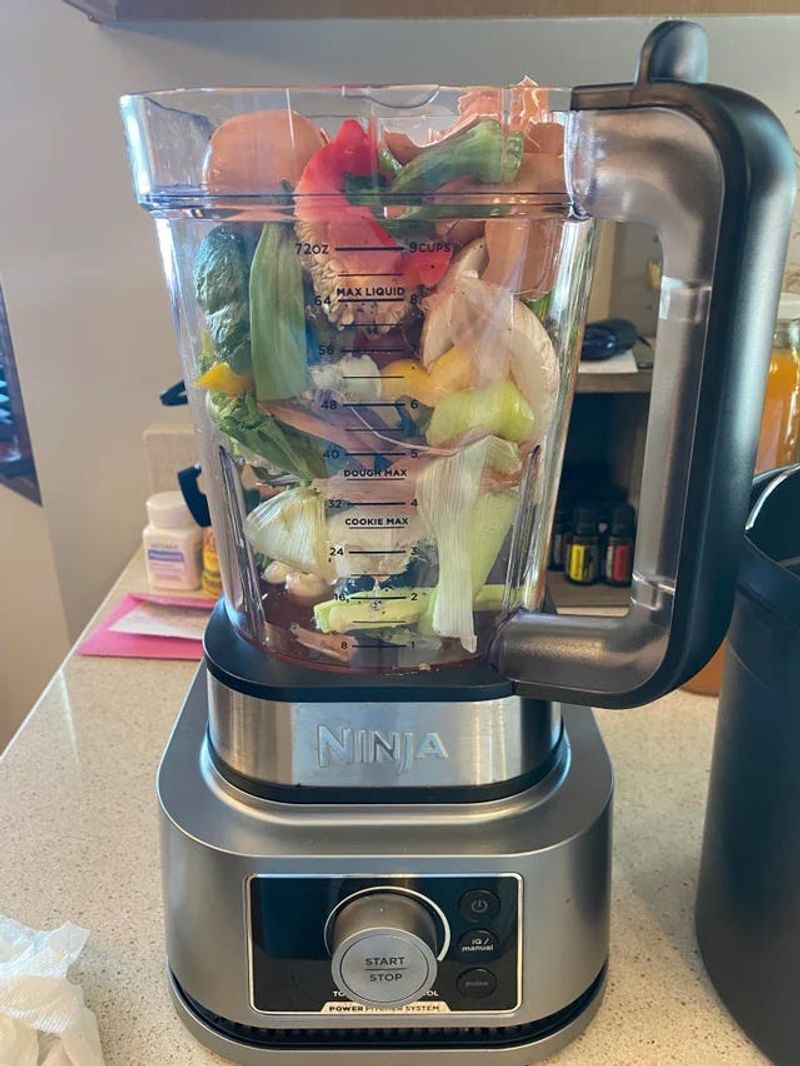
Kitchen scraps become instant plant food with this ultra-quick technique. The blender breaks down cell walls, making nutrients immediately available to soil microorganisms.
Fill your blender halfway with kitchen scraps and add water. Pulse until you have a smoothie-like consistency. Dig a small hole near plants, pour in the mixture, and cover with soil.
The liquefied organic matter feeds plants immediately while finishing decomposition in the soil within days. Perfect for impatient gardeners who need nutrients now rather than later!
13. Chicken Composting
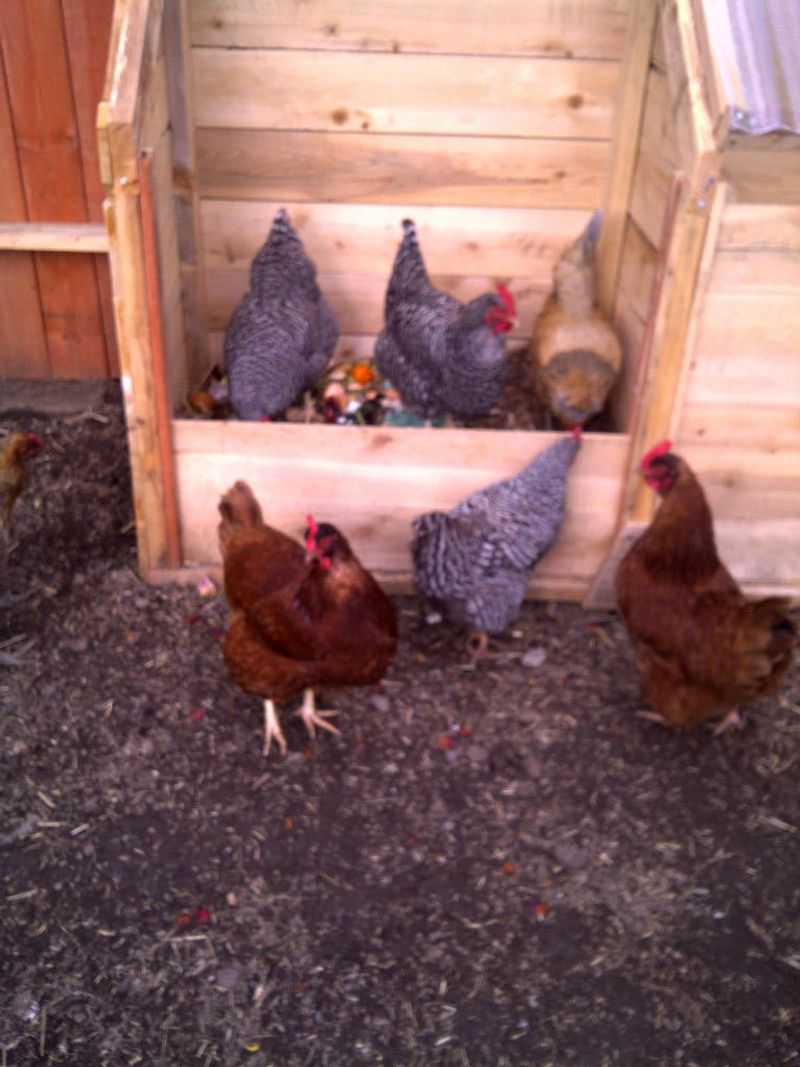
Enlist your backyard chickens as composting assistants! Their constant scratching, pecking, and manure production creates finished compost in about 30 days. Build a three-bin system inside or adjacent to the chicken run. Fill the first bin with kitchen scraps, yard waste, and bedding.
The chickens will turn and shred the materials while adding nitrogen-rich manure. Move partially composted material to the second bin for continued processing, then to the third for finishing.
14. Digesters & Green Cones
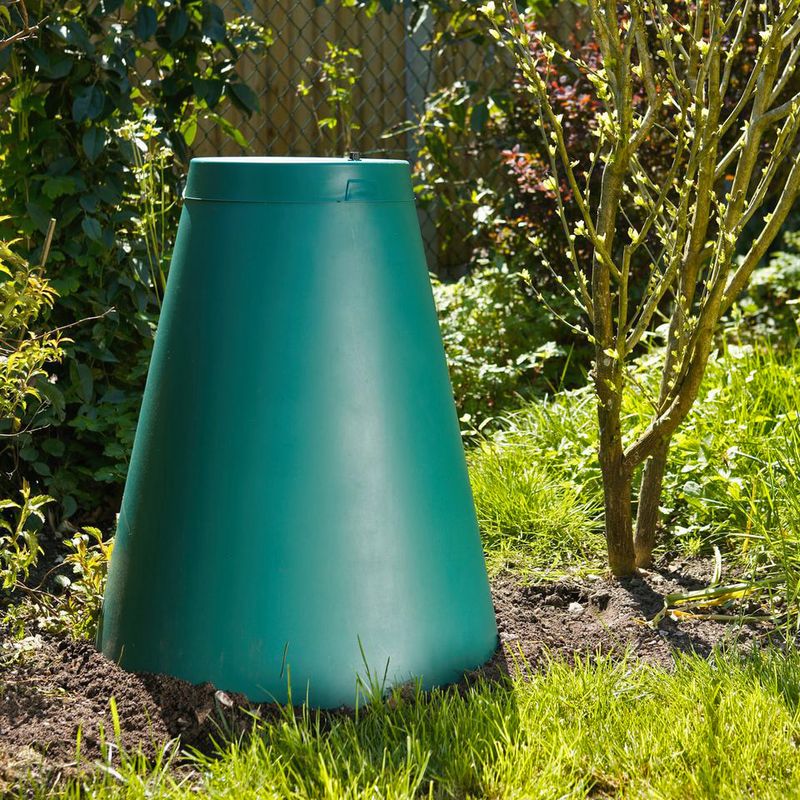
Underground composting systems work like magic, making food waste vanish into the soil. These partially buried units use soil microorganisms to break down material directly into the ground. Install the digester by burying the lower portion in well-draining soil.
Add food scraps (including meat and dairy) through the top opening. The double-wall design creates a solar-heated environment that accelerates decomposition. Nutrients leach directly into surrounding soil, feeding nearby plants without ever needing to harvest compost.
15. Coffee Ground Speed Composting
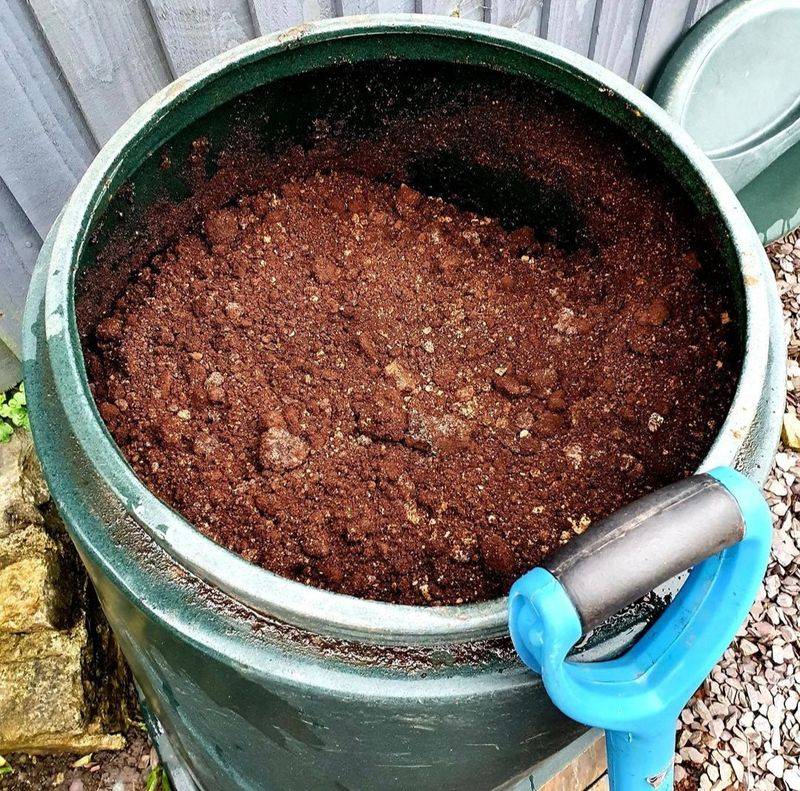
Used coffee grounds jump-start compost piles like rocket fuel! Their fine particle size, nitrogen content, and already-active microbes create perfect conditions for rapid decomposition. Collect grounds from home or local coffee shops.
Mix thoroughly with equal parts shredded leaves or paper. Keep the pile moist but not soggy and turn every 3-4 days. The heat-loving microbes naturally present in coffee grounds colonize the entire pile, breaking down materials in just 2-3 weeks.


